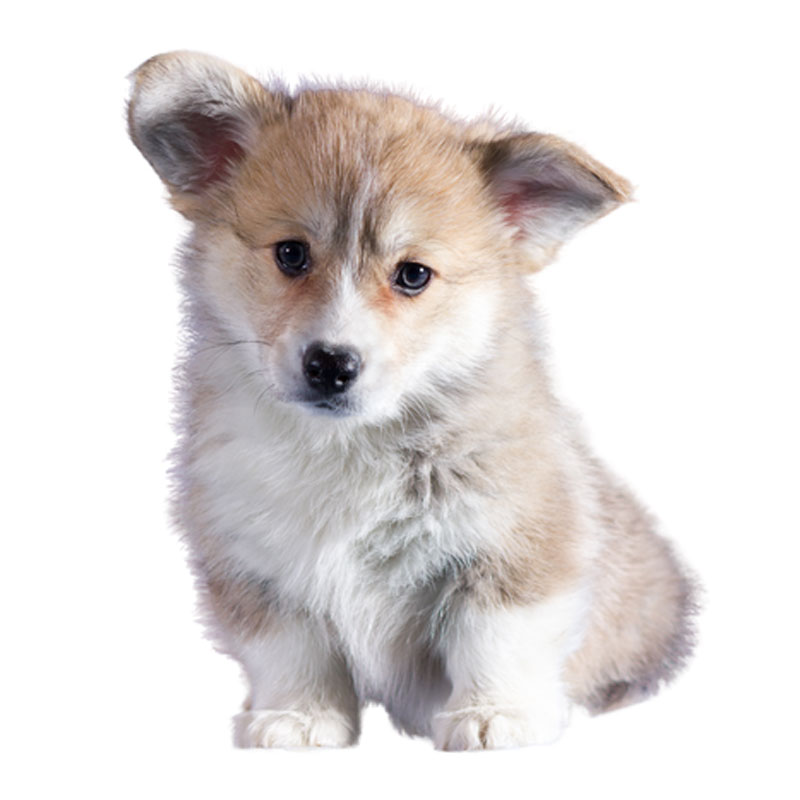Buying a Welsh Corgi (Pembroke) Puppy
What to expect from a breeder who puts Health, Welfare and Temperament first.
Avoid a puppy from parents with very long backs and very short legs, as dogs with extreme conformation may be at greater risk of health problems.
Essential Documents
- Heath Certificates (both parents)
- Signed AWF Puppy Contract
- KC Registration Certificate (if applicable)
- Microchip Registration Certificate
- Temporary Pet Health Insurance
- Vaccination Certificate
A good breeder will:
- have socialised and habituated the puppy
- provide a supply of food
- provide a blanket smellng of Mum
- follow the Code of Practice for Dog Breeding
Official Health Schemes
- BVA/KC screening for eye disease. DBRG recommends that all dogs should be visually examined by an ophthalmologist before breeding
(includes checks for multiple inherited diseases).
DNA Tests Relevant to Breed
- DM (degenerative myelopathy)
Genetic laboratories offer tests for other rare inherited diseases in Pembroke Welsh Corgis
Brief explanations and other diseases that may be more common in the breed – if in doubt then consult your vet for guidance
Official Health Schemes
The BVA/KC eye testing scheme is available for all breeds, and checks for many inherited abnormalities that can cause progressive blindness or pain
DNA Tests Relevant to Breed
- Chondrodystrophy (CDDY) – most Pembroke Corgis probably have this gene, which contributes to their short legs but increases their risk of spinal disc disease (IVDD).
- DM – degenerative myelopathy – progressive weakness of back legs.
Other Problems
- Intervertebral disc disease (IVDD)
– degeneration of spinal discs and spinal cord compression, pain, possible paralysis. More likely in dogs with chondrodystrophy. - Urolithiasis
(bladder stones)
Note
There are two separate breeds of Welsh Corgi. This information refers to Pembroke Welsh Corgis, which are much more common. The Cardigan Welsh Corgi is a rare breed. Both types of Corgi are susceptible to some of the same diseases, particularly spinal problems, but there are also differences between them – see this Kennel Club page for more information on diseases in Cardigans.

